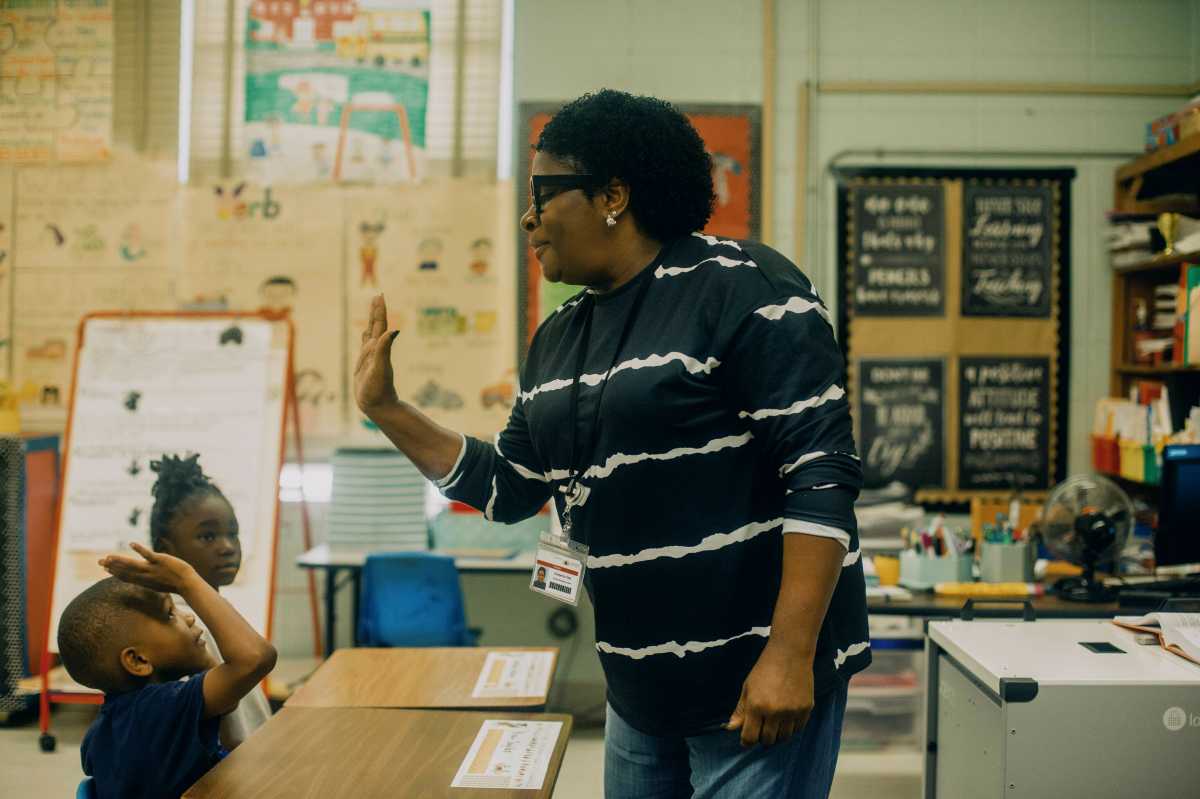Education
Emergency-Hired Teachers Show Promising Results in the Classroom

New research conducted in New Jersey and Massachusetts has revealed promising findings regarding the effectiveness of emergency-hired teachers in the classroom. The studies, which compared the performance of emergency-hired teachers to those who completed traditional certification requirements, found that both groups of teachers demonstrated similar levels of effectiveness in terms of student growth and evaluation ratings.
The studies, reviewed in an article by The 74, shed light on the qualifications and limitations of emergency-hired teachers in these states. Unlike Texas districts operating under District of Innovation (DOI) plans, New Jersey and Massachusetts have specific requirements in place for emergency teaching licensure. Candidates must possess a bachelor’s degree, and in New Jersey, an additional 50 hours of preservice training is mandatory. Furthermore, these emergency teaching licenses have a limited validity period, after which candidates are expected to pursue full certification. Compliance with these requirements is enforced at the state level, in contrast to the autonomy given to individual Texas districts.
It is important to note that the characteristics of uncertified teachers in Texas may differ from those in other states. However, one common consensus is the significance of a strong support system for the success of uncertified teachers. The New Jersey study indicated that emergency licensed teachers performed well in schools that offered robust support systems, potentially compensating for their limited training. Key components of effective support programs include a comprehensive orientation, teacher mentors, targeted professional development, and regular check-ins. By implementing such support structures, districts can equip uncertified teachers with the skills necessary for effective classroom performance.
For more information on supporting uncertified teachers, the HRX article provides valuable insights and tips.












